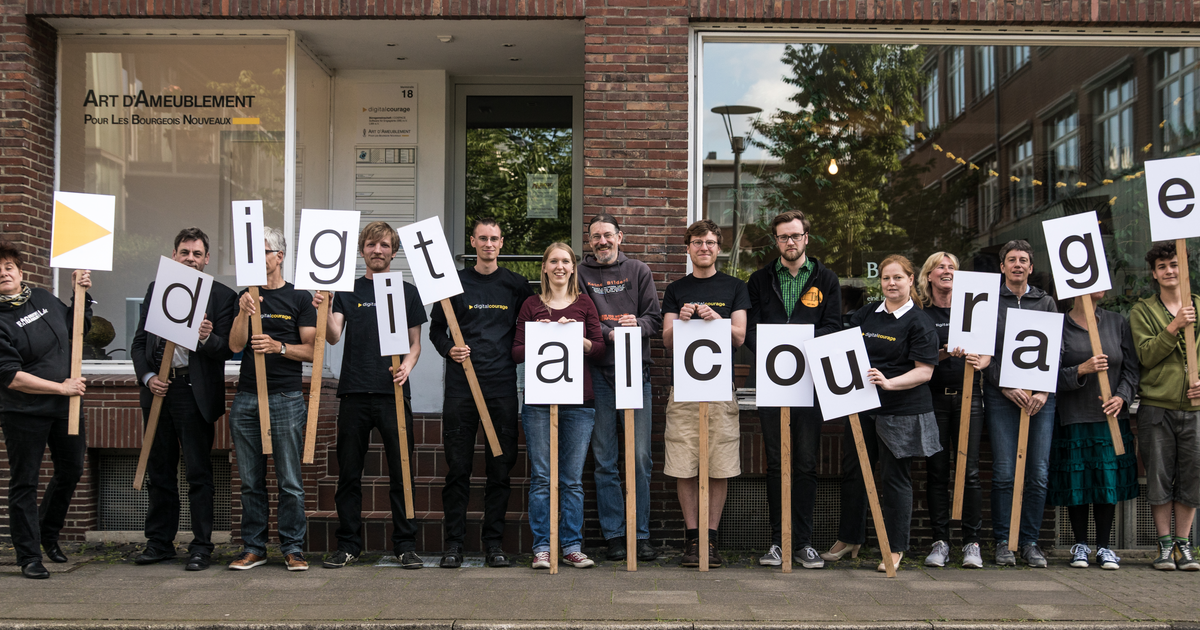NYPD arrests pro-Palestinian protesters after Columbia University library takeover
Police arrested dozens of pro-Palestinian demonstrators who took over part of Columbia University's main library on May 7.
Ahead of finals week at the Ivy League campus, student activists clashed with campus public safety offi
https://neversleep.noblogs.org/post/2025/05/10/nypd-arrests-pro-palestinian-protesters-after-columbia-university-library-takeover/
#Columbia #NYPD #occupations #protests #students

